Web of life
- Crone

- Sep 6, 2024
- 4 min read
A while ago I said that the picture of the spider web was my favourite among the "little critter" shots, so I decided to devote a post to webs.
And here a web of plants... I know that thistle down is involved here... but is it hanging onto the silk of micro moths? (Mischa tells me that the plant, willowherb, makes this thistledown - it is the seeds.)
On webs, I have been reading two books related, I guess, to the web of life. One is The New Wild by Fred Pearce, which I may have mentioned before, and the other is Hugh Warwick's Cull of the Wild. The latter seeks to explore the killing of wild animals in the name of conservation. The author is head of the British Hedgehog Preservation Society. He is vegan and seems like a really nice guy. The analysis is thoughtful and on the whole he is aware of his own prejudices to an impressive extent. I think that there are two problems, for me - and here I admit MY prejudices... or at least they will become apparent. One is that species are elevated above animals who feel and experience. So, if you kill many sentient beings to prevent the loss of a species who would die without intervention in no worse (at an individual level) a manner than with intervention you have caused harm - and he claims to be a utilitarian and to want to minimise harm, except that he sees there being "harm" in the loss of a species above and beyond any experienced harm - and that is not computed by a utilitarian. Secondly, there is no consideration at all that much harm to the more-than-human could be alleviated or prevented by very minimal harm to humans. That is simply not considered. The reason? You need social capital for conservation. In which case it is not Singer's utilitarianism at all - it is speciesist, it is anthropocentric.
As for Pearce, I find his views compelling - not least because they are what the trees told me (!). Take this:
The new generation of ecologists making the case for a rethink on aliens has taken up these themes. They argue that if ecosystems are open and dynamic, then aliens have as much right as natives to join in – and can be just as useful. ‘Nativeness is not a sign of evolutionary fitness’, says Mark Davis of Macalester College in St Paul, Minnesota, a leading critic of the idea that there is something unfit about aliens. ‘Don’t Judge Species on Their Origins’, he titled one paper. Doing so, he argued, said more about humans and their cultures than about species and their ecosystems. ‘Classifying biota according to their adherence to cultural standards of belonging, citizenship, fair play and morality does not advance our understanding of ecology.’ Alien species can sometimes be nasty, but so can natives. There is, he believes, a pervasive ‘indoctrination’ in the science community that builds negative stories about alien species. Aliens are vilified for driving natives out. They are irredeemably ‘other’. But this dichotomy has no basis in science, and should be ditched.
And this:
If nature is a kaleidoscope of species, constantly reorganizing and adapting, then newcomers will come and go, often in largely random ways. They will fit in as they can, with no more likelihood of doing harm or good than natives. They are not good or bad, nor at a special advantage or disadvantage. They just are. This doesn’t mean there isn’t any evolution going on. Far from it. There is growing evidence, as we shall see later, that the arrival of new species often creates a burst of evolution and hybridization among both hosts and newcomers as they learn to rub along. But the context is a dynamic, open and unpredictable environment, rather than one in which a fixed group of natives is working to some idealized perfect state. When needs must, species adapt and evolve very quickly to take advantage of their new environments. Many of the most successful have different ecosystem functions in different places – fitting in as necessary.
All that said, the albatrosses being eaten alive by giant mice do leave me feeling that the mice have to go - and that means killing mice. But it's not because albatrosses matter more but because of the suffering. So, grey squirrels are not causing suffering to red squirrels. Well, they did bring a disease that killed the reds, but that horse has bolted.
Warwick asked Marc Bekoff - he of Compassionate Conservation ("let's take killing off the table") - about managing such matters and Bekoff talked, like the trees, in terms of deep time. I think that's right, though I can see that doesn't satisfy the majority who want good news NOW, to feel we are "doing something", "making things better". I really do believe that much of this is entirely cosmetic... or, rather, just PR. Good news is half of earth, like E O Wilson said. The rest is window dressing. With poison, traps and shotguns in the wings. To mix my metaphors.
Still, what would Bekoff say about the albatrosses?

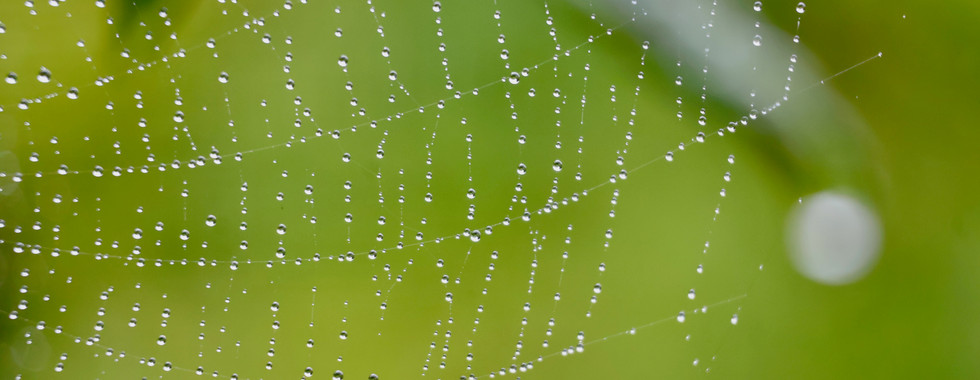


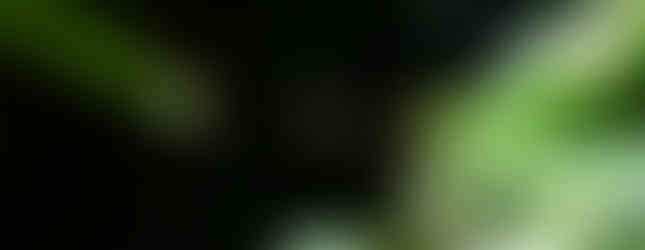







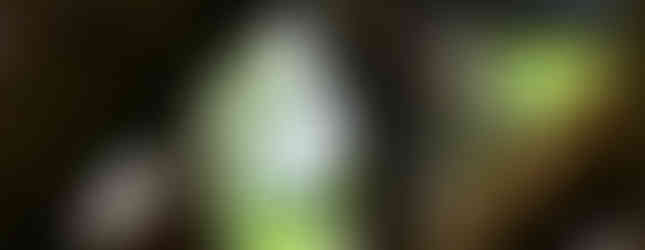

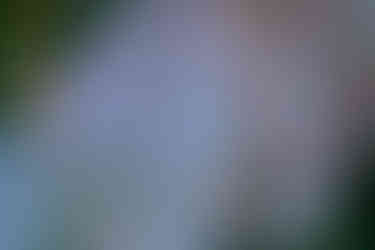


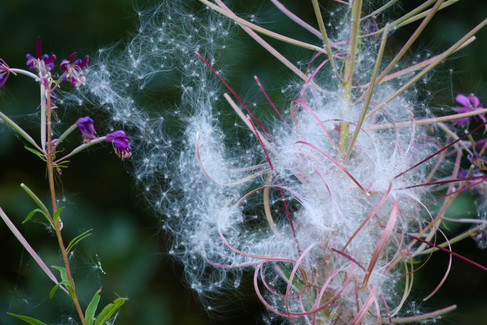



Comments